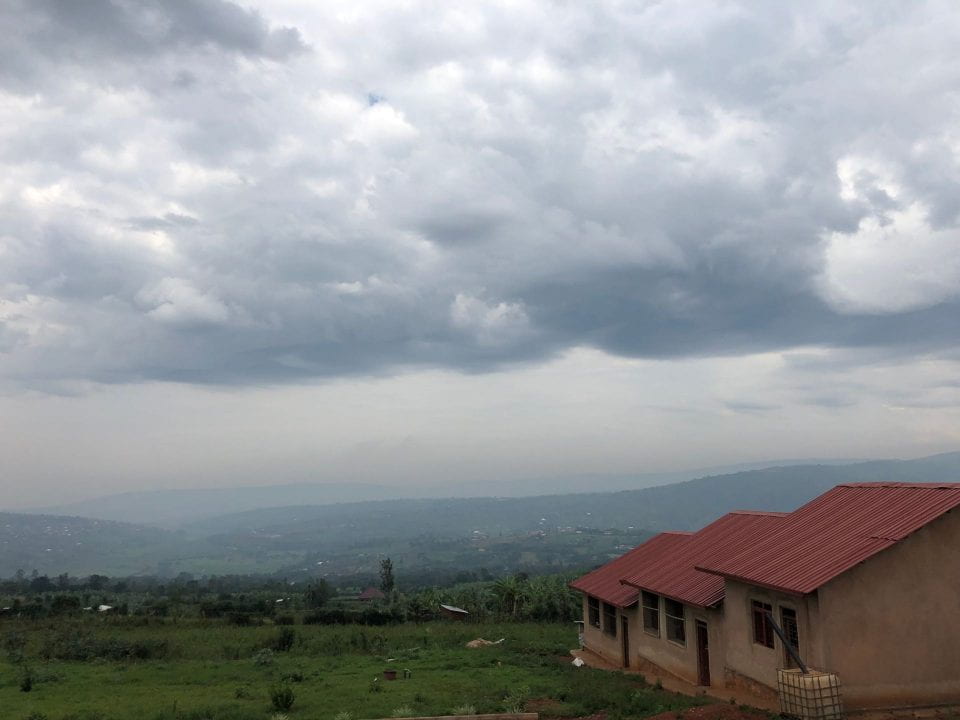Christophe De Montille served as a Student Administrative Assistant for Global Business Project: Impact Investments in Rwanda course, taught by Dr. Reid Click, Associate Professor of International Business. Due to the university’s restriction of international travel in response to COVID-19, this course was adapted to an online format just days before the program was set to depart for Kigali, Rwanda.
Below is Christophe’s reflection on the course’s continuation.
About a week before our planned departure to Kigali, Rwanda, GW announced the decision to cancel international travel for faculty, staff and students due to COVID-19. At the time of the decision, there was unexpected disbelief and frustration that the short-term study away program (STAP) would not be as planned. Over the next week, international flights would be cancelled, and country-wide lockdowns would be instituted across the globe. Little did we know (at the time) that the unexpected disbelief and frustration would give way to unprecedented understanding and relief as faculty, staff, and students accepted the new realities of the global pandemic.

In spite of this setback, faculty and students cleared their mindset and came together to continue the examination of small and medium-sized enterprises in Rwanda for potential community and financial investment. Although the class was no longer able to travel to Kigali, Rwanda, the students would still have a unique opportunity to work with an experienced client, Ashlye A. Stewart, Founder of ASER Capital LLC. After careful consultation with G&EE, Dr. Reid Click, , and myself ., the decision was made to continue the project. The class would continue to be conducted virtually, and the students would finish the semester by virtually delivering Investment Memoranda to Ashlye and her Investment Committee.
As both the United States and Rwanda entered lock down, the transition to a virtual impact investing course took place. Unable to visit the Rwandan companies, the course pivoted to focus more intently on the impact investing process and specifically how to conduct due diligence. Our student-consultants were provided extensive financial, business, and industry-specific documents in a virtual data room. After the students were able to analyze the documents, Ashlye, Dr. Click, and I met with each student group to provide direction on what should be included in each investment memorandum.

Class-wide and group-specific sessions were held, and each group was able to refine and hone their final deliverables. The students were encouraged to think outside the box to develop questions that could be taken back to each Rwandan company as part of future due diligence. In addition, students were encouraged to cross-collaborate between teams to have an understanding of how different businesses are structured within Rwanda. The students diligently solved unanswered challenges and developed future questions that would need to be discussed with each business Rwanda. At the final investment presentation, each student was able to discuss their findings and answer the question, “With what you know today, would you invest in this company?” While the students weren’t able to examine the companies in-person, the project still allowed each student to gain significant insight and experience into company due diligence in emerging markets and make an actionable recommendation.
Christophe De Montille is a ’20 Global MBA Candidate at the George Washington University School of Business



